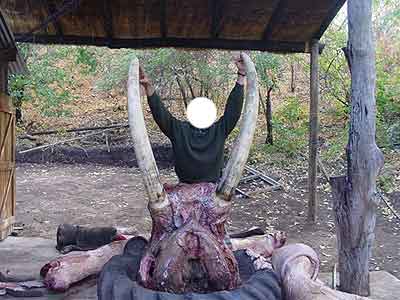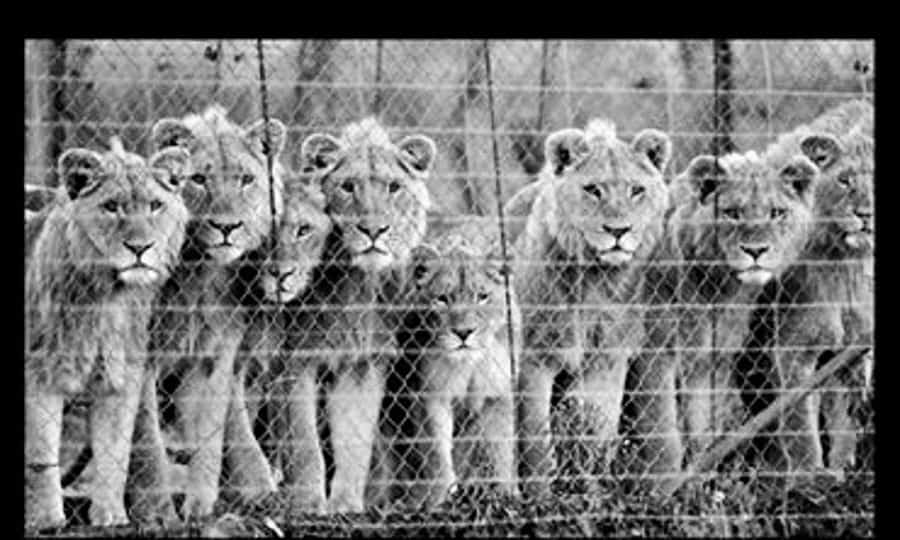To hunt, or not to hunt? That is the question (and a very tough one indeed). The issue is extremely controversial, and is tied to another concern: is hunting good, or bad?
If you take the two extremes of the spectrum, animal rights activists (“anti-hunters”) will tell you that it is a total disgrace. On the other hand, hunters claim it should be allowed.
Both parties have their arguments (sometimes very pertinent ones), so the idea here is not to point the finger at someone but rather to look at both sides of the debate and to highlight some of the things that need to be enlightened further.
When Hunting is a Necessity
- For food or survival
While this argument is no longer as persuasive as it used to be (nowadays most of us go to the supermarket for food), some people (local tribes or farmers) still rely on hunting practices to survive. In their case, hunting is more than legitimate: it’s a necessity for their own good.
- Impact on the environment and birth control
In other instances, the proliferation of animal species has become such that it has reached its carrying capacity. In order to counteract this phenomenon, animal population can either be contained through sterilization, by relocating it, or by culling it. Unfortunately, in most situations hunting is by far the least expensive and most effective way to deal with the problem.
Let me give you a practical example to illustrate this. For my 20th birthday, I was fortunate enough to visit one of Botswana’s most impressive game reserves: Chobe. Chobe National Park is renowned for having the highest concentration of elephants in Africa. Wonder how many they are? Over 50 000! Yes, you heard me right: 50 000 pachyderms wandering about in this precious piece of Eden.
While this statistic is encouraging for the overall African elephant population, the story locally is somewhat different. And boy, did I figure it out for myself! Most of the trees in the area had either been uprooted by the animals, or looked nothing like “real” healthy trees any longer. Lunar. That’s how the landscape almost felt like.
Needless to say that the elephant pressure, in this case, is having drastic effects on the local ecosystem and surroundings.
- Competition with humans and resources
Overall, hunting can be used as plague control, for animals seen as a nuisance (varmint hunting) or to keep a proper balance in nature. The latter is especially relevant to farmers, who get increasingly solicited by wild animals that trespass their properties, cause harm or ruin their crops.
When Hunting Becomes a Sport
- Trophy hunting is becoming extremely popular, especially in the West.
- Hunting is seen by many enthusiasts as a “fun” activity.
- Killing the “largest”, “most dangerous” and “rarest” animal species is all part of the competition.
- Heads or pelts of the animals are seen as a sign of “prowess”, and hunters “courageously” smile in front of the camera with their “well-deserved” prize.
Hunting Ethics
From the hunter’s perspective, hunting is good because:
– It contributes to wildlife in taxes.
– It generates income for local communities.
– It is part of human nature. Animals do not possess rights as we see them, and therefore can be killed.
From the animal activists‘ point of view however, hunting is not ethical at all:
– Animals never asked to be part of the “competition”.
– It might be “fun” to hunt, but not to be hunted.
Canned Hunting: When Hunting Crosses the Border Line
A canned hunt, or canned hunting, refers to a hunting practice whereby the hunter is almost certain to get its trophy as the animals are being confined in a small area (such as fenced-in enclosures).
According to Wikipedia, it is a “hunt for animals that have been raised on game ranches and farms until they are mature enough to be killed for trophy collections”.
It is a huge business, and some wealthy tourists are keen to pay enormous amounts of money to kill a lion ($25,000 per cat or more) or fell a rhino with a bow and arrow.
In South Africa alone, over 1000 lions are being killed each year in the canned hunt business. While attempts (by the Ministry of Environmental Affairs) have been made recently to ban this outrageous activity, business is pretty much still up and running.
The following video illustrates the situation rather well. Viewer discretion is advised.
Want to do something about it? Visit the “campaign against canned hunting” website, and make sure you sign the petition to ban this practice forever!
Speak Your Mind
What is your view on the situation?
Hunter or animal activist?
For or against hunting?
Speak your mind…


